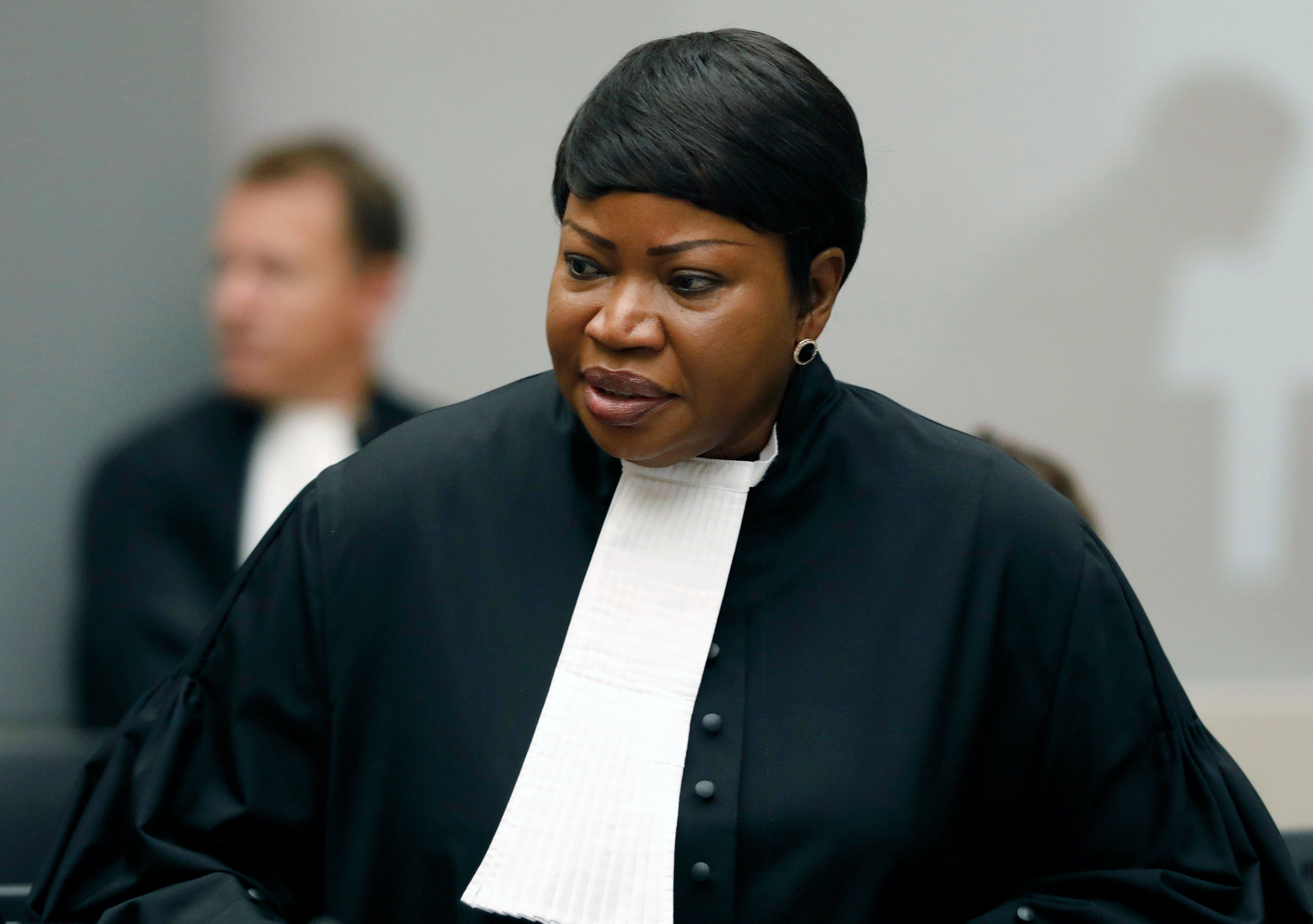ICC clears way for war crimes probe of Israeli actions
The International Criminal Court says its jurisdiction extends to territories occupied by Israel in the 1967 Mideast war, appearing to clear the way for its chief prosecutor to open a war crimes probe into Israeli military actions

Your support helps us to tell the story
From reproductive rights to climate change to Big Tech, The Independent is on the ground when the story is developing. Whether it's investigating the financials of Elon Musk's pro-Trump PAC or producing our latest documentary, 'The A Word', which shines a light on the American women fighting for reproductive rights, we know how important it is to parse out the facts from the messaging.
At such a critical moment in US history, we need reporters on the ground. Your donation allows us to keep sending journalists to speak to both sides of the story.
The Independent is trusted by Americans across the entire political spectrum. And unlike many other quality news outlets, we choose not to lock Americans out of our reporting and analysis with paywalls. We believe quality journalism should be available to everyone, paid for by those who can afford it.
Your support makes all the difference.The International Criminal Court said Friday that its jurisdiction extends to territories occupied by Israel in the 1967 Mideast war, appearing to clear the way for its chief prosecutor to open a war crimes probe into Israeli military actions.
The ICC’s chief prosecutor, Fatou Bensouda said in 2019 that there was a “reasonable basis” to open a war crimes probe into Israeli military actions in the Gaza Strip as well as Israeli settlement activity in the occupied West Bank. But she asked the court determine whether she has territorial jurisdiction before proceeding with the case.
The Palestinians, who joined the court in 2015, have pushed for the case. Israel, which is not a member of the ICC has said the court has no jurisdiction because the Palestinians do not have statehood and because the borders of any future state are to be decided in peace talks.
The Palestinians have asked the court to look into Israeli actions during its 2014 war against Palestinian militants in the Gaza Strip, as well as Israel’s construction of settlements in the occupied West Bank and annexed east Jerusalem
The international community widely considers the settlements to be illegal under international law but has done little to pressure Israel to freeze or reverse their growth.
The international tribunal is meant to serve as a court of last resort when countries' own judicial systems are insufficient to investigate and prosecute war crimes.
Israel’s military has mechanisms to investigate alleged wrongdoing by its troops, and despite criticism that the system is insufficient, experts say it has a good chance of fending off the ICC investigation into its wartime practices.
When it comes to settlements, however, experts say Israel could have a difficult time defending its actions. International law forbids the transfer of a civilian population into occupied territory.
Israel captured the West Bank, Gaza and east Jerusalem in the 1967 war, territories the Palestinians want for their future state. Some 700,000 Israelis live in settlements in the West Bank and east Jerusalem. The Palestinians and much of the international community view the settlements as illegal and an obstacle to peace.
While the court would have a hard time prosecuting Israelis, it could issue arrest warrants that would make it difficult for Israeli officials to travel abroad. A case in the ICC would also be deeply embarrassing to the government.
The ICC could also potentially investigate crimes committed by Palestinians militants, including the firing of rockets at civilian areas by Gaza's Hamas rulers and other armed groups.
Nabil Shaath, a senior aide to Palestinian President Mahmoud Abbas, welcomed the decision and said it proved the Palestinians were right to go to the ICC. “This is good news, and the next step is to launch an official investigation into Israel's crimes against our people,” he said.
There was no immediate reaction from Israel. The decision, detailed in a 60-page legal brief, was released late Friday, after Israel had shut down for the weekly Jewish Sabbath.
The three-judge panel ruled that Palestine is a state party to the Rome Statute establishing the ICC. With one judge dissenting, it ruled that Palestine qualifies as the state on the territory in which the “conduct in question” occurred and that the court's jurisdiction extends to east Jerusalem, the West Bank and Gaza.
Last year, the Trump administration imposed sanctions against ICC officials, including revoking Bensouda’s entry visa, in response to the court’s attempts to prosecute American troops for actions in Afghanistan.
The U.S., like Israel, does not recognize the court’s jurisdiction. At the time, then-Secretary of State Mike Pompeo said the steps were meant as retribution for investigations into the United States and its allies, a reference to Israel.
The Biden administration has said it will review those sanctions.
___
Associated Press writer Joseph Krauss contributed.